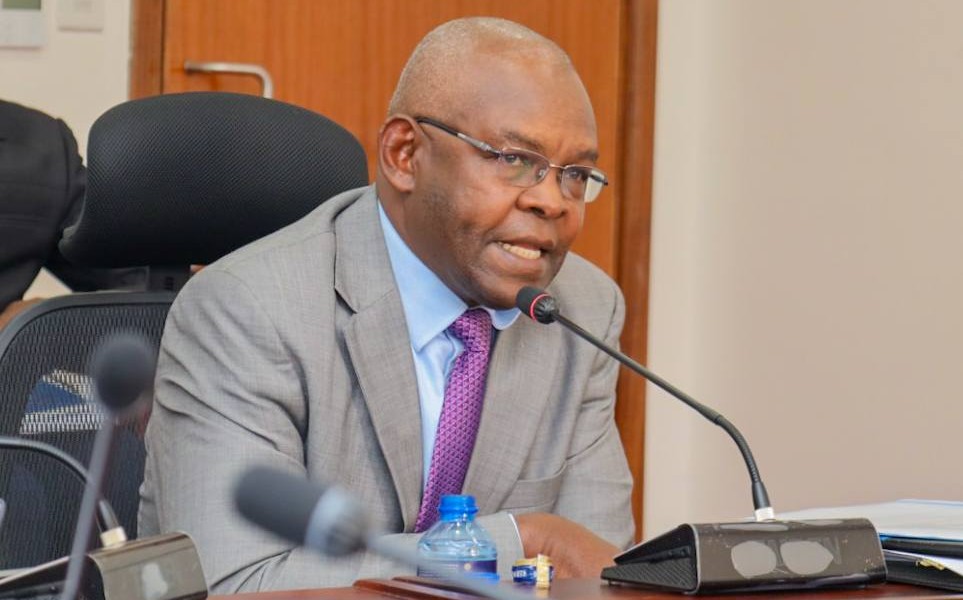CBK warns of rising debt distress, urges fiscal coordination

CBK Governor Kamau Thugge said the country still meets its obligations, but repayment pressures are increasing, and fiscal space is narrowing.
Kenya’s rising domestic and external debt is placing growing pressure on the country’s economy, with repayment performance weakening in recent years, Central Bank of Kenya (CBK) Governor Kamau Thugge has revealed.
Speaking before the Public Debt and Privatisation Committee of the National Assembly on Tuesday, Thugge said the country still meets its obligations, but repayment pressures are increasing, and fiscal space is narrowing.
More To Read
- National Treasury secures Sh437.8 billion loan to plug budget deficit
- MPs question rising debt despite Treasury’s reduced CBK borrowing
- CBK data shows Sh344 billion decline in mobile money transactions, steepest drop in 18 years
- CS Mbadi tables new banking rules targeting non-compliance, unethical practices
- CBK targets Sh40 billion in new Treasury bond auction
- Regulators warn over financial sector’s dependence on limited tech providers
The situation raises concerns over potential debt distress, which occurs when a country struggles to service its loans, increasing the risk of default.
Thugge highlighted that the total public debt recorded in the 2024/25 financial year stands at Sh11.8 trillion, equivalent to 69 per cent of GDP, above the 55 per cent ceiling recommended under the Public Finance Management Act.
He said the growth in debt has been driven by both domestic and external borrowing, which has outpaced economic growth in recent years. Domestic debt now accounts for Sh6.33 trillion, about 37 per cent of GDP, while external debt stands at Sh5.5 trillion, or 32.1 per cent of GDP.
The CBK governor noted that domestic debt repayment performance, which was 100 per cent between 2014/15 and 2020/21, has declined in recent years. Repayment fell to 89 per cent in 2021/22, improved to 94 per cent in 2022/23, dropped again to 90 per cent in 2023/24, and slightly recovered to 99.8 per cent in 2024/25.
This trend, Thugge said, underscores the need for careful management of borrowing and repayment strategies to avoid future risks.
To stabilise the debt situation, Thugge emphasised that Kenya must slow the pace of debt accumulation, diversify the investor base, and improve coordination between fiscal and monetary policies.
He also identified several key measures to protect the economy, including managing refinancing risks, expanding concessional external financing, and increasing the use of public-private partnerships to fund infrastructure projects.
The governor stressed the importance of modernising domestic debt market structures, aligning Treasury bond and bill auctions with liquidity conditions, and mitigating exchange rate risks.
These steps, he said, are critical to maintain financial stability, protect fiscal space, and reduce vulnerabilities associated with rising debt.
Top Stories Today
Reader Comments
Trending










































